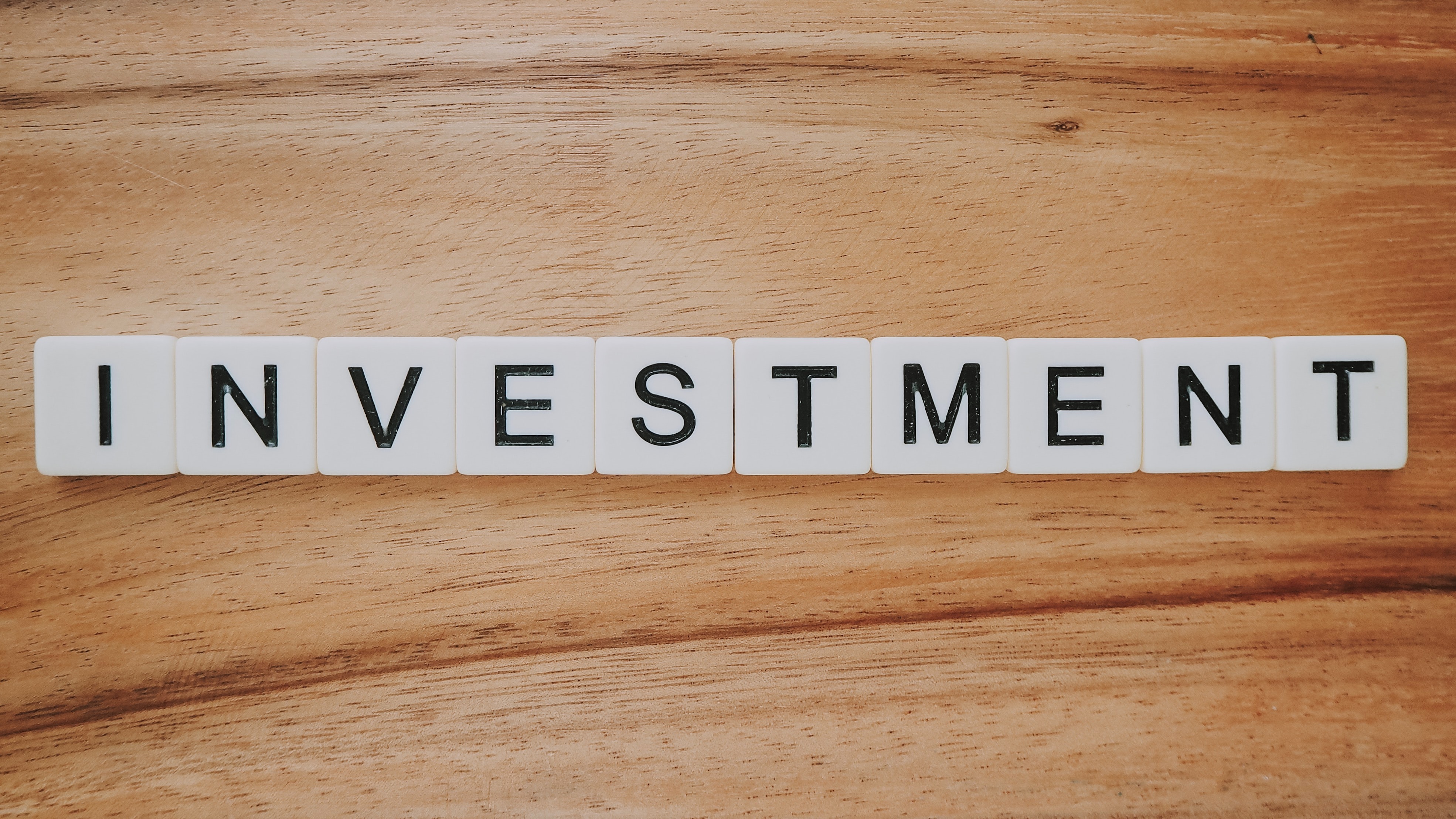 Image Credits: rikvin.com
Image Credits: rikvin.com
When you think of the word “detox”, what comes to your mind? For us, it’s something related to food. Similarly, shift this “food detox” idea to the financial realm, and you will somehow get it.
Financial detox is essentially a process where you take time to cleanse your finances and give your money habits a thorough review. If you want to know what to do on a financial detox, keep reading.
#1: Talk about money
Money is a sensitive topic; we get it. But there is no running away from it during a financial detox.
Before you find a friend, family member, or financial advisor, you will want to sit yourself down and take a good look at your financial goals. Then, see what aspects of your habits or personality are hindering you from reaching that aim. Once your outline is ready, speak with that trusted person and thrash it out.
#2: Settle your debts
You may not be able to settle your debts immediately but if that is part of your financial goal (which it should be), start thinking of ways to get there.
A wise way to start is to set a budget. You will want to refer to your salary, spending, and bad habits when setting a budget. While sticking to a strict budget is essential when clearing debts, be mindful that bad habits take time to change. Give yourself some (cash) space to breathe if necessary.
#3: Tackle bad habits

Image Credits: unsplash.com
Speaking of bad habits, you will want to tackle them before they start creeping back into your daily routine. Use these questions to help yourself understand the money mindset you hold:
- What is your money stance?
- Do you tend to spend when you’re sad or happy?
- How do you feel about saving, borrowing, and spending?
- Have you succumbed to the YOLO concept and spend impulsively without giving much thought to your budget?
The answers to the above questions will guide you in working out some methods to deal with bad money decisions.
For example, peeps who find themselves spending hastily should consider a “cool-off period”. Instead of making a purchase immediately, give yourself a day or two to think it through. If you can live without having that latest juice mixer in your possession, then don’t buy it.
#4: Take on a financial challenge
A financial challenge should help you to start saving. We have previously written an article on money-saving challenges, and these are some of the ideas you might be interested in:
- Borrow, don’t buy
- Exercise the 1% trial
- Give yourself 52 weeks
- Set aside your spare change
- Introduce a “no extra spend” week
The above concepts may look weird without proper context so hop over to read more here. Ultimately, you know yourself best, so tweak those challenges mentioned above so you can stick to the plan till the end.
#5: Expand your wealth

Image Credits: unsplash.com
There will come a time where you will need to face retirement. Before that phase arrives, start venturing into expanding your wealth.
While savings are good, they will get depleted one day. Not sure if you want to get your hands into investing since the markets are volatile? What if we tell you there are options to start investing from $100? Whether it’s unit trusts, robo-investments, or exchange traded funds (ETFs), click through the link to find out more.
Final thoughts
Like how a food detox program is painful, a financial detox is equally tough. But it’s an absolutely vital process if you want to take hold of your finances and gain control of money on your life. You will get through it! Just take baby steps.




